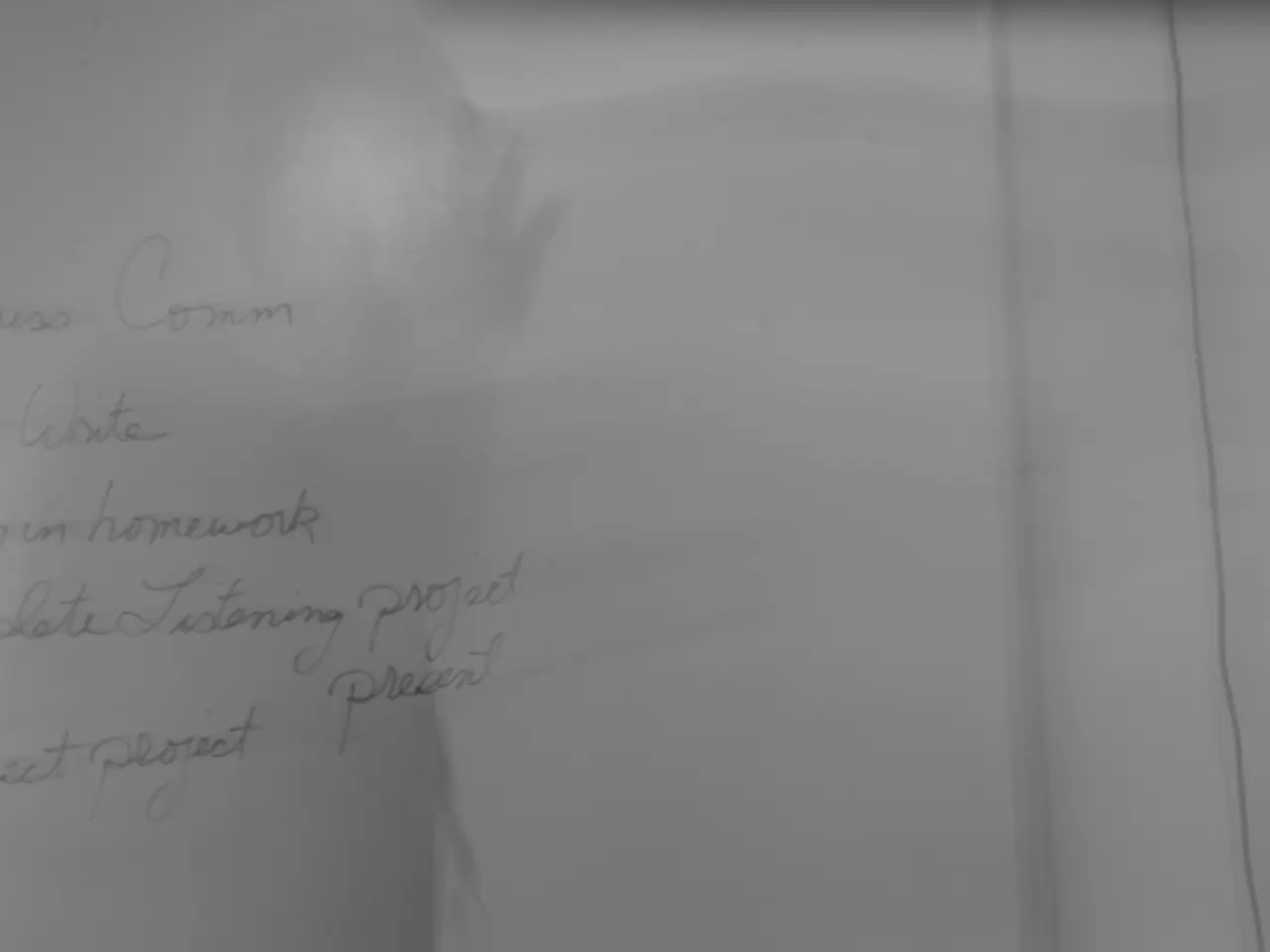Enhanced scrutiny of tariff manipulations foreseen, with predictions of a double rise in investigations
In a recent statement, Rennie Alston, CEO of Alston Group, warned importers that the U.S. Department of Justice (DOJ) and Customs and Border Protection (CBP) are intensifying their efforts to ensure proper payment of tariffs. This comes in response to the new tariffs announced by the Trump administration last week, which took effect on Thursday.
Alston explained that importers are currently paying more tariffs than before 12:01am on Thursday. He urged importers to establish robust compliance programs, conduct thorough internal audits, train employees on tariff regulations, cooperate with DOJ and CBP inquiries, use whistleblower risk mitigation measures, stay informed on tariff updates, and engage specialized legal counsel to navigate the complex tariff rules.
Alston described the Modified Delivery Duty Paid (MDDP) as a "blatant scam" from the CBP perspective, emphasizing the responsibilities of all parties involved in the transaction. He also predicted that circumvention of tariffs will become the primary source of revenue for penalties, surpassing valuation and record-keeping penalties which have been the top two categories for the last 20 years.
CPB takes the position that compliance errors on customs documents are intentional, according to Alston. He warned that participating in MDDP is fraudulent and could result in severe penalties that could exceed the value of the merchandise.
Kirti Reddy, a partner with the law firm Quarles & Brady, stated earlier this year that the new tariffs are likely to generate a higher number of cases prosecuted under the False Claims Act. This underscores the critical role of importers in ensuring their companies' ability to sustain themselves in the context of tariff regulations.
Alston advised importers to seek the help of customs brokers to understand the potential ramifications of misinterpretations on customs documents. He also anticipates a 200% increase in DOJ activity as a result of tariffs and the trade community's reactions. CPB is closely examining import documents to check for accurate information on merchandise value, origin country, and potential disguising of the country of origin through transshipments.
By prioritizing accuracy, transparency, continual training, and staying current with tariff rule changes, importers can meaningfully reduce their risk of DOJ and CBP enforcement actions and related penalties. It is essential for importers to remain vigilant and proactive in their compliance efforts to avoid costly mistakes and maintain their business operations in this evolving regulatory landscape.
[1] [Source 1] [2] [Source 2] [3] [Source 3] [4] [Source 4] [5] [Source 5]
- In light of the intensified efforts by the DOJ and CBP to monitor tariff payments, it's crucial for companies in the supply chain industry to implement robust compliance programs and seek legal counsel to navigate complex tariff rules, as advised by Rennie Alston, CEO of Alston Group.
- The Finance sector's role in the industry becomes increasingly significant with the predicted surge in penalties resulting from tariff circumvention, as more cases are likely to be prosecuted under the False Claims Act, according to Kirti Reddy, a partner with the law firm Quarles & Brady.




